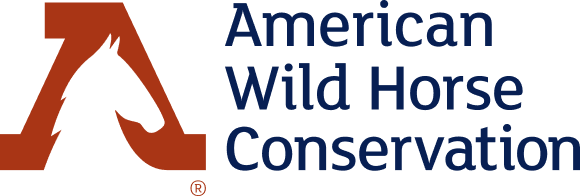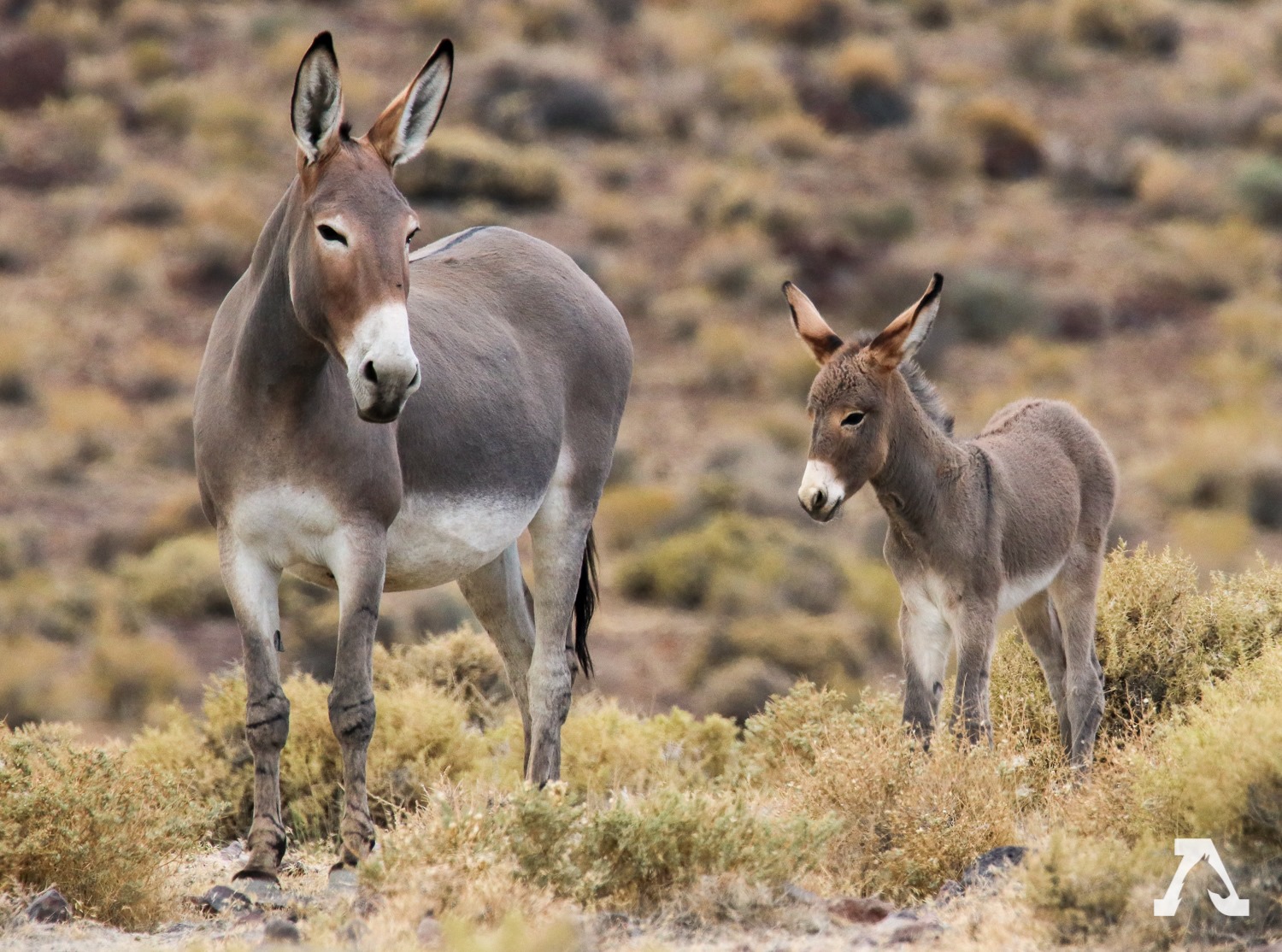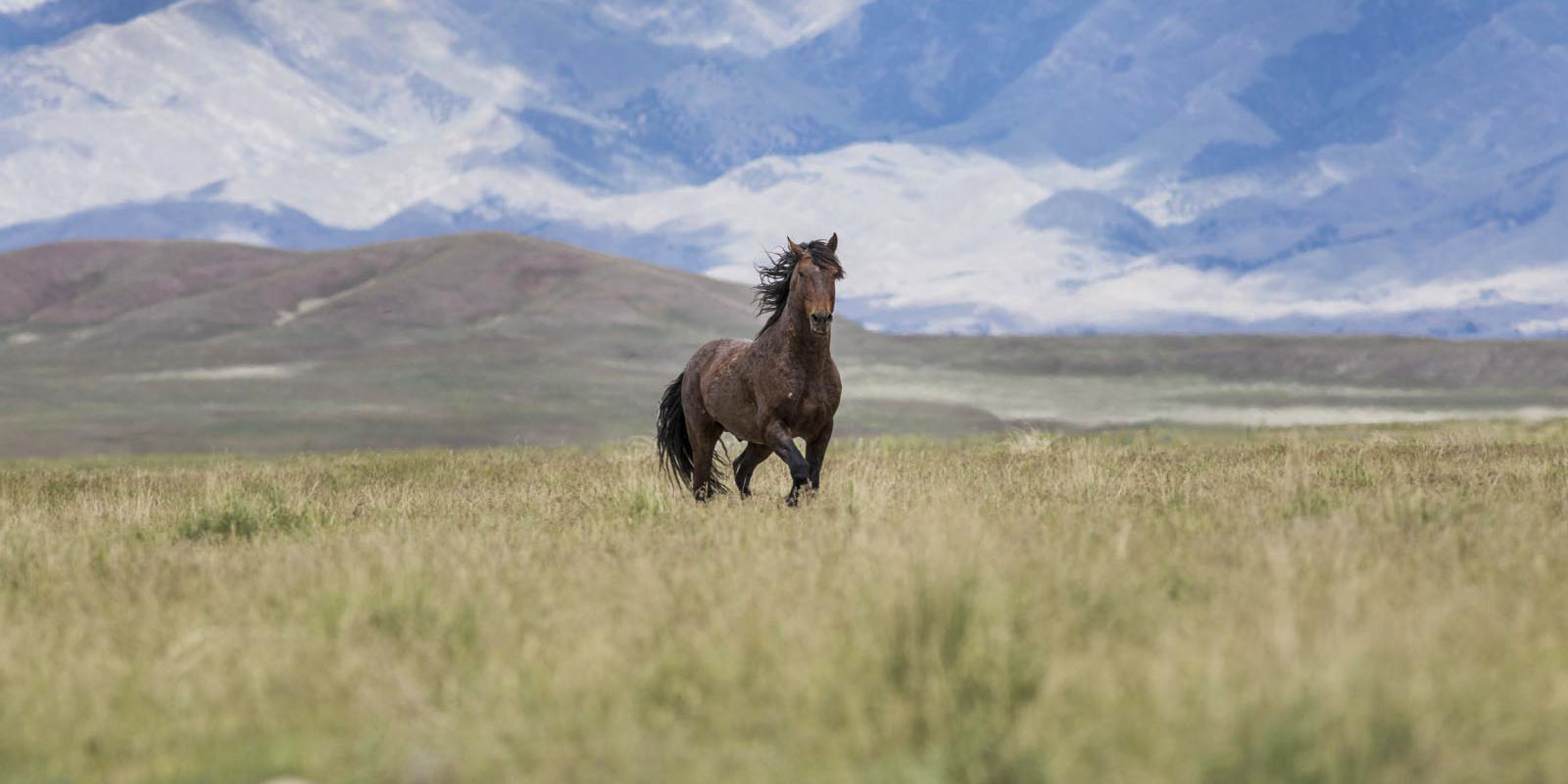(Washington DC – February 7, 2022) - The American Wild Horse Campaign (AWHC) is pleased to join with the international equine welfare organization, Brooke USA Foundation (Brooke USA), in the effort to promote the passage of the Ejiao Act (H.R. 5203). The bill was introduced by U.S. Representative Don Beyer (D-VA) in September, marking a major step forward for Brooke USA and its effort to combat the brutal trade in donkey hides.
Ejiao (UH-gee-OW) is a gelatin derived from donkey hides that is used primarily in China for alternative medicine and beauty treatments. As the U.S. is the third-largest global importer of ejiao, the Ejiao Act is designed to restrict U.S. trade in all ejiao products made from donkey skins, which are decimating the species’ global population, subjecting donkeys to heinous abuse and slaughter, and threatening the impoverished families and communities who rely on them.
“We’re pleased to join with Brooke USA Foundation to combat the brutal trade in donkey hides, which is creating a market for the slaughter of these innocent animals,” stated Suzanne Roy, Executive Director of AWHC. “In the U.S., we’re seeing a dramatic uptick in the number of wild burros entering the slaughter pipeline as a result of the federal government’s mass roundup policy and cash-incentive adoption program, and we have serious concerns that many of these burros are being slaughtered for the ejiao trade.”
“The trade in ejiao poses a significant animal welfare concern that must be addressed,” added Holly Gann Bice, Founder of American Horse PAC, the first federal political action committee dedicated to protecting wild and domestic equines. “We applaud Congressman Beyer and Brooke USA for their work to put an end to the United States’ role in this cruel enterprise.”
Donkeys are cruelly slaughtered for the ejiao trade after enduring horrific suffering. Documentation has shown these animals being beaten, abused, and killed with sledgehammers. The demand for donkey skins in China has risen to approximately 8–10 million skins per year, but the country’s annual supply is less than 1.8 million, leading to the slaughter of donkey populations globally, particularly in Kenya, Ethiopia, Botswana, and Brazil. At the current rate, the present global donkey population of 44 million could be halved over the next five years.
In the wild, research shows that burros play a critical role in the health of the desert ecosystems that they inhabit, digging wells and providing water sources for desert wildlife and plants. Meanwhile, domestic donkeys are valued as companions, guard animals for domestic livestock, and therapy animals. They are also crucial to the lives of more than 600 million people globally, many of them living in poverty. Around the world, donkeys undertake crucial daily tasks, such as fetching drinking water, taking products to market for sale, and transporting children to school. For families making less than two dollars a day, a donkey can be a lifeline. Yet donkeys are often stolen and sold off for slaughter at ever-increasing prices, making it impossible for families to afford a replacement.
The ejiao trade also poses public health concerns. According to the OIE (World Organization for Animal Health), donkey farms likely originated the 2019 outbreak of Equine Influenza across West Africa, which most notably killed 62,000 animals in Niger.
Building support for the bill and its implications on improving the livelihoods of people in vulnerable communities across the globe is a mammoth task and one that requires not only bi-partisan support from Congress but engagement from constituents all over the country. To this end, AWHC and American Horse PAC have endorsed the need for legislation banning the importation and sale of ejiao in the United States.
“We are grateful to the support we are receiving and recognize that we cannot do it alone. We are delighted to have connected with AWHC and American Horse PAC to drive the bill forward. Although we all work on different programs, we have come together to aid these suffering animals who before slaughter (to produce ejiao) suffer immensely. They are transported for miles on end in overcrowded trucks, receive no food and water for days, are bashed and beaten by the workers, and forced to observe the slaughter of their companions,” explained Emily Dulin, Chief Executive Officer of Brooke USA.
AWHC is working closely with Brooke USA through its government relations team, lobbying to build support in Congress for the Ejiao Act and urging its supporters to write and call their U.S. Representatives. American Horse PAC is also throwing its weight behind the issue to further increase congressional support and awareness.
The trade threatens wild burros, domestic donkeys in the U.S. and abroad, and because American demand is a driver of the ejiao trade, the United States is in a unique position to put a dent in the production of ejiao and support the welfare of the animals and the economic sustainability of people in developing countries. For more information on how to support the Ejiao Act, visit www.americanwildhorsecampaign.org/demand-congress-sponsor-ejiao-act-stop-donkey-skin-trade or visit www.BrookeUSA.org/ejiao-act
The American Wild Horse Campaign (AWHC) is the nation’s leading wild horse protection organization, with more than 700,000 supporters and followers nationwide. AWHC is dedicated to preserving the American wild horse and burros in viable, free-roaming herds for generations to come, as part of our national heritage. In addition to advocating for the protection and preservation of America’s wild herds, AWHC implements the largest wild horse fertility control program in the world through a partnership with the State of Nevada for wild horses that live in the Virginia Range near Reno.
###


